World Tourism Day is an opportunity to reflect on the environmental impact of the tourism sector. Hotels, in particular, play a significant role in pollution due to their energy consumption and waste production. However, by adopting innovative solutions and sustainable products, hotels can significantly reduce their ecological footprint. R2M Solution is committed to providing solutions that help hotels become more eco-friendly and contribute to a more sustainable future.
Hotels and Pollution
According to the World Tourism Organization, tourism is responsible for 5% of global CO2 emissions, with 20% of these emissions attributed to hotels. However, hotels contribute to various forms of pollution, not just CO2, including:
- Solid waste: From single-use plastics and food waste to non-biodegradable hygiene products.
- Water pollution: The use of chemical cleaners and detergents can contaminate water resources.
- Excessive resource consumption: Intensive use of energy, water, and other resources to maintain hotel operations.
Solutions to Reduce Hotel Pollution
In recent years, the world of innovation has made significant strides in offering advanced solutions that support the energy transition and reduce the environmental impact of buildings. Some of these solutions are already easily adoptable in the tourism sector. Among them are:
1. Solarus: Integrated Solution for Solar Energy and Hot Water
Solarus is an integrated solution that combines advanced technologies to provide customizable solar energy and hot water to meet the specific needs of hotels. By using hybrid panels, Solarus can store both solar and thermal energy from the same installation, optimizing energy efficiency on both fronts.
Benefits for Hotels:
- Maximizing energy production: The integrated panels offer higher energy output compared to traditional photovoltaic systems.
- Long-term savings: Thanks to its unique design, Solarus solutions are ideal for buildings with high hot water demand and limited space for panel installations.
- Emission reduction: The use of renewable energy significantly reduces hotels’ carbon emissions.
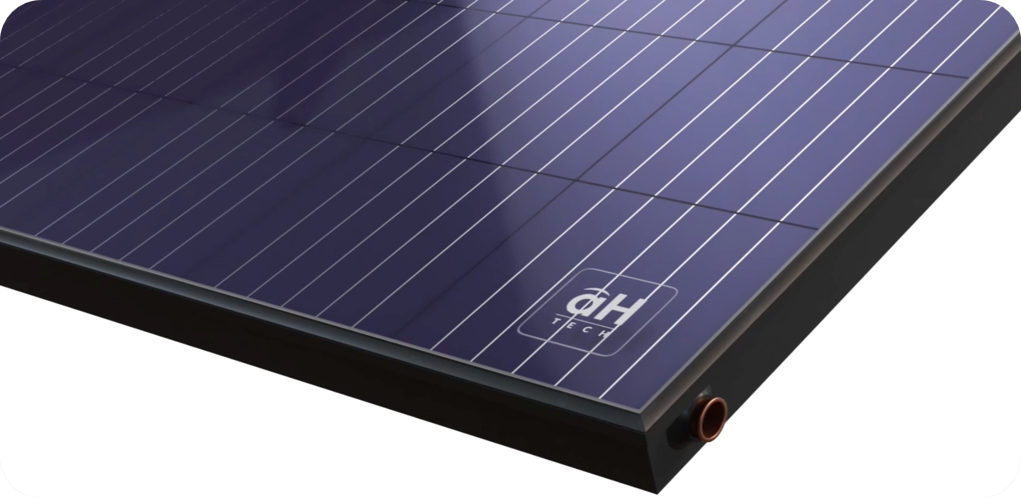
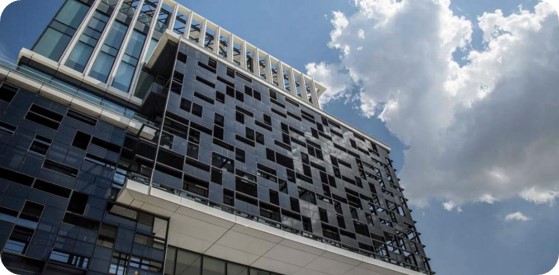
2. Onyx Solar: Photovoltaic Glass for Energy Efficiency
Onyx Solar offers photovoltaic glass solutions that not only generate clean energy from the sun but also improve thermal insulation and control the passage of natural light. These glass panels are perfect for hotel facades, roofs, and windows.
Benefits for Hotels:
- Free and clean energy: Generation of renewable energy directly from the building’s surfaces.
- Energy savings: Improved thermal insulation reduces heating and cooling costs.
- Incentives and certifications: Qualification for state incentives and improved scores for LEED, BREEAM, and WELL certifications.
- Beauty and savings: Photovoltaic glass combines architectural elegance with advanced energy performance, offering a modern and sustainable design without compromising efficiency.
3. Greenpass: Nature-Based Solutions and Sustainability Assessment for Buildings
Greenpass offers an AI-powered platform that implements Nature-Based Solutions within buildings and assesses their climate resilience and compliance with EU taxonomy. It also provides quantitative analysis of climate risk, CO2 emissions, and potential adaptation and mitigation measures.
Benefits for Hotels:
- ESG assessment: Analytical tools to develop climate adaptation strategies and improve ESG reporting.
- Climate risk reduction: Future scenario analysis to optimize building resilience.
- Personalized recommendations: Tailored suggestions on interventions to reduce energy use, improve environmental quality, and increase property value.
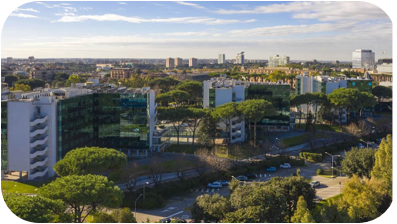
Sustainable Certifications
In the tourism sector, sustainability certifications are not only a competitive advantage but also a concrete commitment to a greener future. R2M Solution helps clients achieve internationally recognized certifications, including:
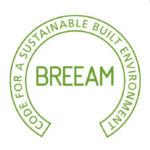
BREEAM: A sustainability assessment method that takes a holistic approach covering the entire building lifecycle. It is perfect for new constructions and renovations, allowing hotels to achieve high scores through sustainable practices.
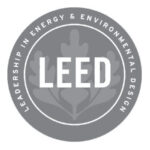
LEED: A voluntary certification program that evaluates energy efficiency, water efficiency, emissions reduction, and other key factors for sustainability. LEED-certified hotels can attract environmentally conscious customers and benefit from reduced operational costs.
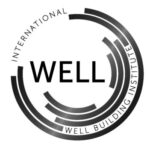
WELL: A certification focused on occupant well-being, evaluating the internal environment of buildings to promote clean air, quality water, adequate lighting, and other factors that enhance guest health. This adds value for hotels aiming to offer a unique and healthy guest experience.
Sustainability in hotels is not only a responsibility but also an opportunity to stand out in the market and attract an increasingly environmentally conscious clientele. Reducing pollution through the use of sustainable products is a key step towards greener and more responsible tourism. On this World Tourism Day, R2M Solution renews its commitment to a cleaner and more respectful future for the planet.
To learn more about the solutions described and how you can improve your building, contact us.

























